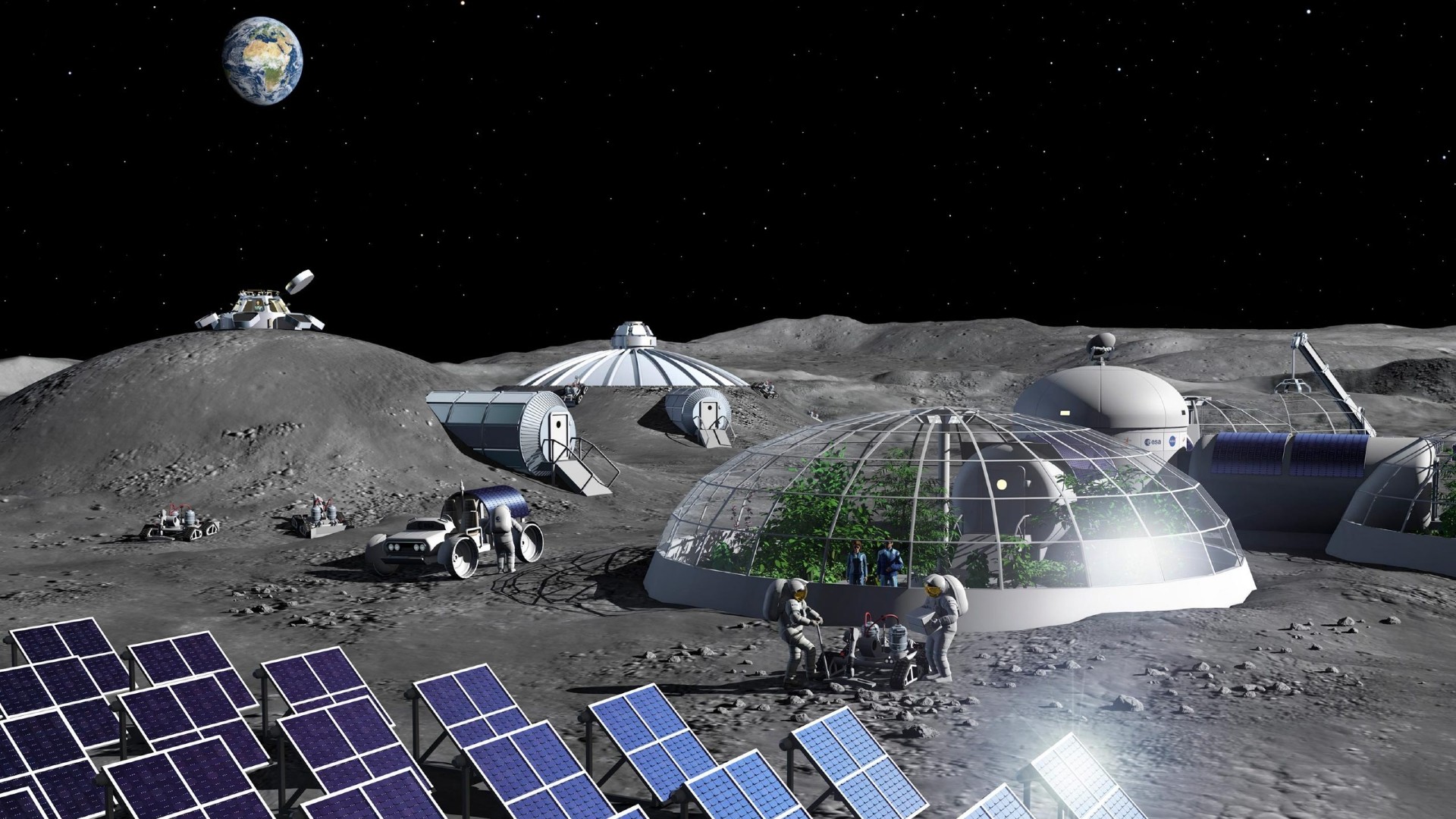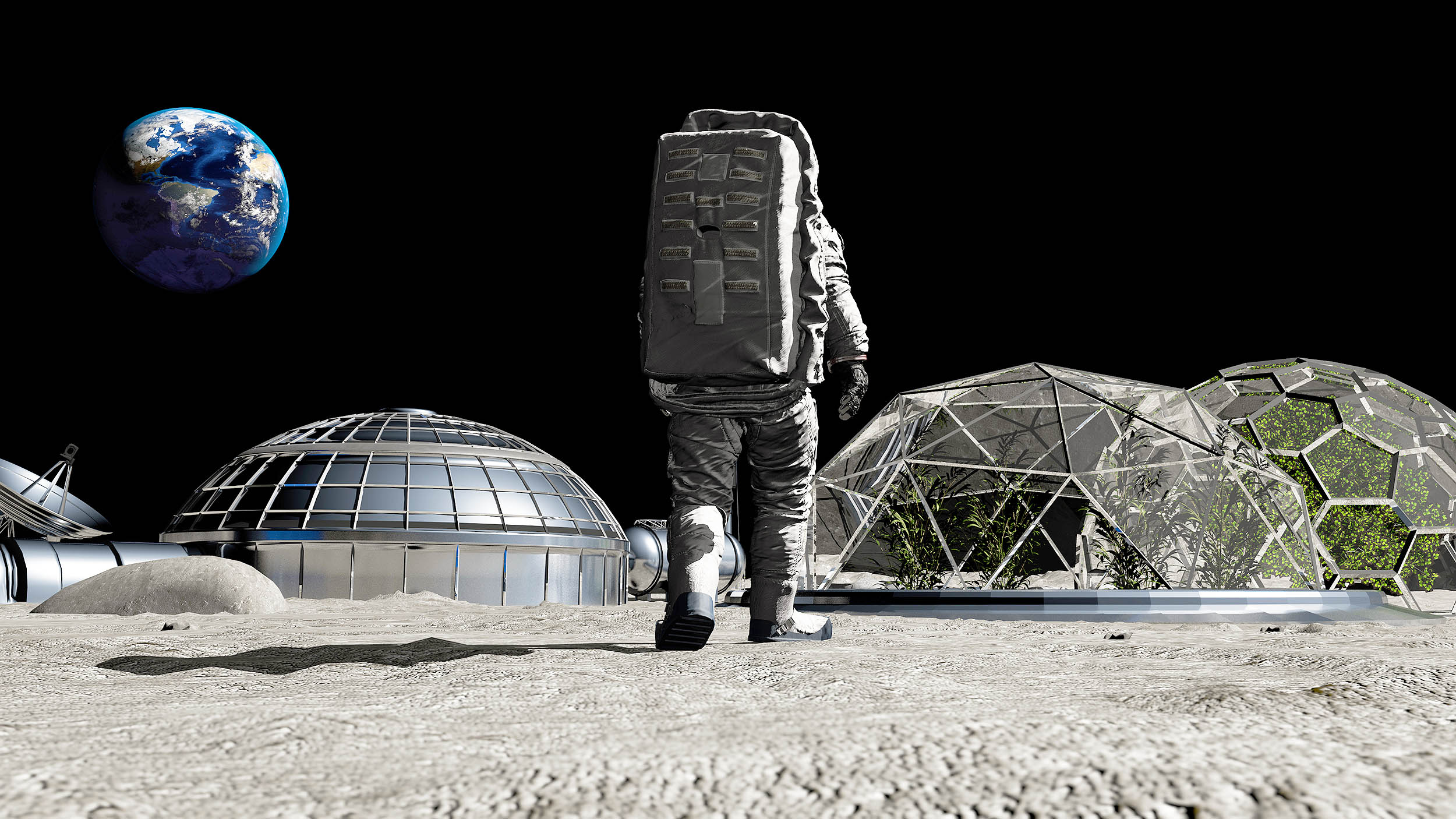T4K3.news
South Korea plans a moon base by 2045
KASA announces an ambitious strategy for lunar and Mars exploration.

South Korea has announced an ambitious plan for a lunar base by 2045 as part of its space exploration strategy.
South Korea aims to establish a moon base by 2045
South Korea has unveiled a comprehensive road map for its space exploration initiatives, focusing on building a moon base by 2045. This plan was shared during a recent hearing at the National Research Foundation of Korea. The Korea Aerospace Administration (KASA) outlined core missions including lunar exploration and resource extraction. Currently, KASA is working on developing technologies for lunar landing and resource exploitation, leveraging advancements from their previous missions, like the successful launch of the Korea Pathfinder Lunar Orbiter in 2022. In addition to lunar ambitions, the agency also aims for a Mars landing by 2045. Other countries such as the United States and China are pursuing similar goals, reflecting a global trend in lunar exploration.
Key Takeaways
"South Korea aims to build a lunar economic base by 2045."
This statement from KASA emphasizes the strategic vision behind South Korea's lunar ambitions.
"We are developing technologies for lunar landing and resource utilization."
A KASA representative outlined the focus on innovative technology for moon exploration.
"The moon base vision aligns with our goals of becoming a key player in space science."
This reflects South Korea's aspirations in the competitive arena of space exploration.
South Korea's commitment to building a moon base marks a pivotal moment in its space exploration narrative, showcasing its desire to be a significant player in the international space arena. As KASA pushes forward with lunar and Martian ambitions, it opens up opportunities for partnerships and technological exchanges with other nations engaged in similar initiatives. The competitive landscape, with nations like the U.S. and China also making strides, suggests a new era of space race, where collaboration and competition may go hand in hand. Additionally, the focus on resource extraction could stimulate interest in space mining, which raises questions about regulations and governance in outer space.
Highlights
- South Korea is set to build a moon base by 2045, marking a new era of space exploration.
- The race to the moon is heating up as South Korea reveals its ambitious lunar plans.
- KASA aims to push the boundaries of lunar exploration and resource extraction.
- With the Artemis program, the U.S. and South Korea are competitors in the lunar race.
Heightened geopolitical sensitivity in space ambitions
As South Korea intensifies its space exploration objectives, potential political and economic implications could emerge. The competition with other nations for lunar resources and technology raises questions about international collaboration and regulatory frameworks in space.
As nations race to establish their presence on the moon, the next decade will be crucial for international cooperation and competition in space.
Enjoyed this? Let your friends know!
Related News
Jeju Air crash investigation points to pilot error findings

US THAAD missile interceptors used extensively in conflict

Galaxy Z TriFold features Snapdragon processor

New method extracts water from lunar soil

U.S. plans to lift visa restrictions for Argentina

U.S. plans visa-free travel for Argentine tourists

US and allies struggle with missile defense
